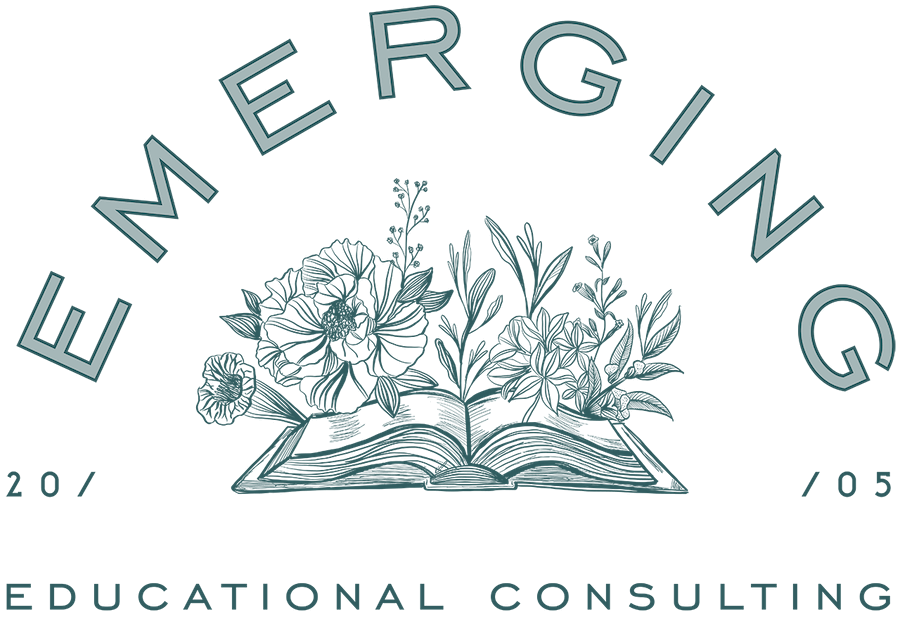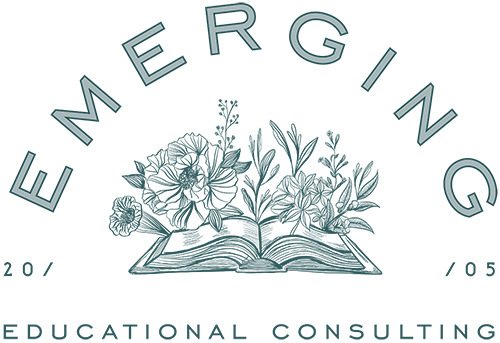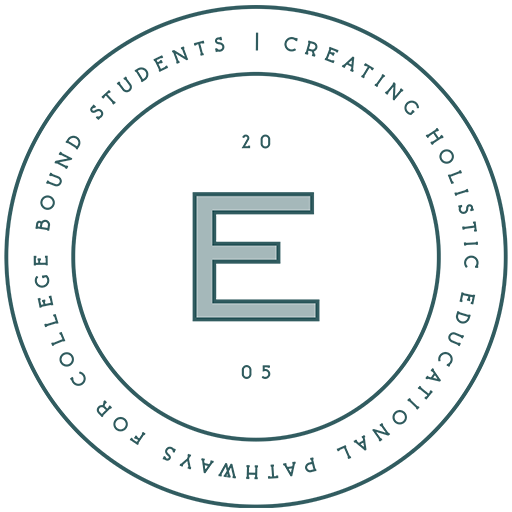Over the past decade, neurodiversity has become one of the most transformative conversations in education. More students are entering college with ADHD, dyslexia, autism spectrum disorder (Level 1), and other learning differences—and they’re doing so with growing confidence and self-awareness.
Colleges are responding in kind. Since 2019, the number of students who self-identify as neurodiverse has grown by nearly 90%. In response, universities are rethinking how they recruit, support, and evaluate applicants. The message from admissions officers is increasingly clear: students who understand and own their learning profiles stand out.
To learn how to identify the right academic fit for your student, explore Choosing the Right College for Neurodiverse Students: A Game-Changing Resource for Parents.
Why Neurodiversity Belongs in the Admissions Conversation
Parents often ask, “Should we disclose a learning difference on the college application?” The answer depends on context, but in many cases, disclosure helps admissions teams see the full story behind a student’s growth.
Colleges aren’t looking for perfection—they’re looking for persistence, problem-solving, and self-advocacy. A thoughtful explanation of a student’s learning journey can demonstrate maturity and resilience, especially when coordinated with the school counselor’s recommendation.
Key takeaway:
In high school, accommodations guarantee success. In college, they guarantee access. That distinction makes it crucial for students to take ownership of their learning style, executive-functioning skills, and support systems before they arrive on campus.
For a deeper look at how to position your student authentically, download our free guide: The College Application Guide for Neurodivergent Students.
How Colleges Are Expanding Support
Across campuses nationwide, colleges are investing in stronger infrastructure to serve neurodiverse students. Here are the trends families should know:
1. Expanded Disability Resource Centers
Many universities now offer centralized hubs that go beyond standard accommodations to include time-management workshops, one-on-one coaching, and peer mentoring.
2. Staff Training & Inclusive Teaching
Faculty development programs now emphasize universal design for learning (UDL), ensuring courses are structured for different processing styles—visual, auditory, and kinesthetic.
3. Social & Emotional Support Networks
Colleges recognize that transition can be as emotional as it is academic. Peer mentorship programs, sensory-friendly housing options, and mental-health partnerships are on the rise.
4. Specialized Programs for Learning Differences
Some schools now have dedicated tracks like the College Living Experience (CLE), or university-based programs such as the University of Denver’s Learning Effectiveness Program (LEP) and the University of Arizona’s SALT Center, all designed to provide wraparound support for students with learning differences.
See also → Best Colleges for Neurodivergent Students.
Self-Advocacy: The Most Underrated Skill in Admissions
For neurodiverse students, self-advocacy is the new superpower. Admissions officers consistently note that students who can articulate how they learn—and what supports help them thrive—demonstrate the kind of emotional intelligence colleges value.
Encourage your teen to practice communicating:
- What strategies help them focus or stay organized
- How they’ve learned to manage time and projects
- When and how they ask for help
- What tools or apps support their learning
These stories make excellent essay material because they reveal depth and agency—two qualities that resonate in holistic review.
Read more in Securing Your College Success as a Neurodivergent Student.
How to Talk About Neurodiversity in College Applications
If a student’s learning difference has influenced their academic record, the key is to tell that story with balance.
Here’s how:
- Use the Additional Information Section – Briefly explain a diagnosis or major academic shift, focusing on growth and strategies rather than labels or challenges.
- Coordinate Messaging with the Counselor Letter – Counselors can provide context—explaining timeline, supports, and improvement.
- Show Evidence of Initiative – Describe how the student takes steps toward independence: planners, task breakdowns, or self-advocacy in dual-enrollment courses.
- Highlight Strengths Linked to Neurodiversity – Students with ADHD often excel at creative problem-solving; those with autism may show exceptional focus or pattern recognition. Frame these as assets.
Summer and Pre-College Planning for Neurodiverse Students
Summer can be a strategic time for growth. While some students enroll in traditional programs, neurodiverse students may benefit more from environments that prioritize structure, mentorship, and confidence-building.
Ideas that build readiness and independence:
- Executive-Function Coaching Intensives: Help teens build daily systems before college starts.
- Interest-Driven Experiences: Creative arts, STEM camps, internships, or volunteering—where passion drives focus.
- Summer College Transition Programs: Many universities now offer 1–2 week workshops for neurodiverse students to experience campus life in a supported setting.
- Work Experience: Even part-time jobs strengthen accountability and time management—critical college skills.
Explore structured readiness options on our College Readiness Programs page.
The Admissions Officer’s Perspective
When admissions readers encounter applications from neurodiverse students, they’re not evaluating the diagnosis—they’re evaluating the story of growth. A strong narrative shows a student who has:
- Identified challenges honestly
- Developed strategies and support systems
- Translated those lessons into maturity and self-awareness
As discussed in the IECA Journal on Neurodiversity in College Admissions, admissions officers value authenticity and context above all. One AO put it simply:
“We’re looking for students who know themselves. Neurodiverse students often come with that clarity—they’ve already done the work of understanding how they learn.”
Questions Families Often Ask
Should we disclose ADHD or dyslexia on the application? If the learning difference shaped academic performance, yes—disclose briefly, focusing on growth and context.
Will disclosure hurt my student’s chances? No. Colleges cannot discriminate based on disability, and many value the perspective neurodiverse students bring.
Do colleges share diagnosis information with faculty? No. Disclosure is confidential and handled through Disability Services after enrollment.
How can my student prepare to manage accommodations in college? Encourage them to practice scheduling, emailing professors, and using assistive technology independently during high school.
For a comprehensive list of supportive universities, visit Neurodiversity Network’s University Initiatives.
From Awareness to Action: Building College Readiness
For parents, supporting a neurodiverse teen through the college process means balancing advocacy with empowerment. Help your student internalize the mindset: “I can do this—with the right tools and effort.”
Three steps to take this year:
- Start Early – Explore colleges with strong learning-support programs by junior year.
- Create a Support Portfolio – Keep testing, IEP/504 plans, and teacher feedback organized.
- Focus on Fit Over Prestige – The best college is where a student feels supported and confident.
Final Thoughts: Neurodiversity as Strength
Neurodiversity isn’t a limitation—it’s an alternate wiring that often fuels creativity, empathy, and innovation. Colleges increasingly recognize that diverse thinkers make for dynamic communities.
As an educational consultant, I’ve seen firsthand how students thrive when their differences are reframed as strengths. With transparency and purpose, families can see remarkable results—not only in acceptances but in confidence and self-belief.
Next Step for Families
If your student learns differently, you don’t have to navigate this process alone.
My team designs personalized college admissions strategies tailored to each student’s learning profile and strengths.
Schedule a Free Consultation to explore how we can help your student find —and thrive at—the right-fit college.




